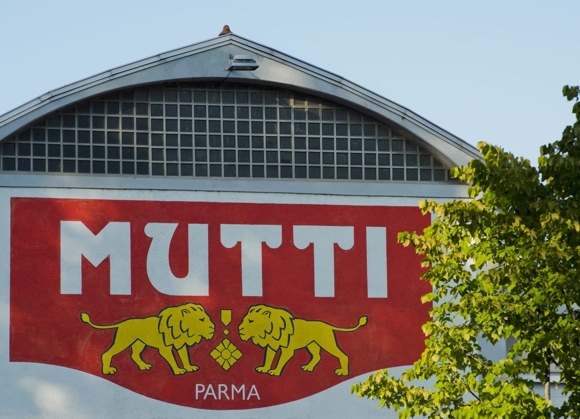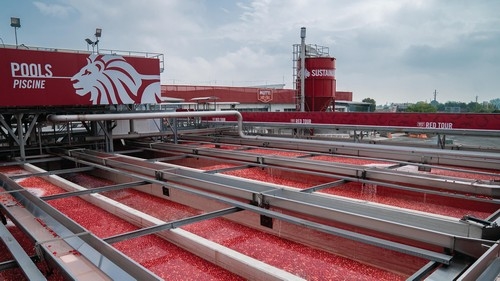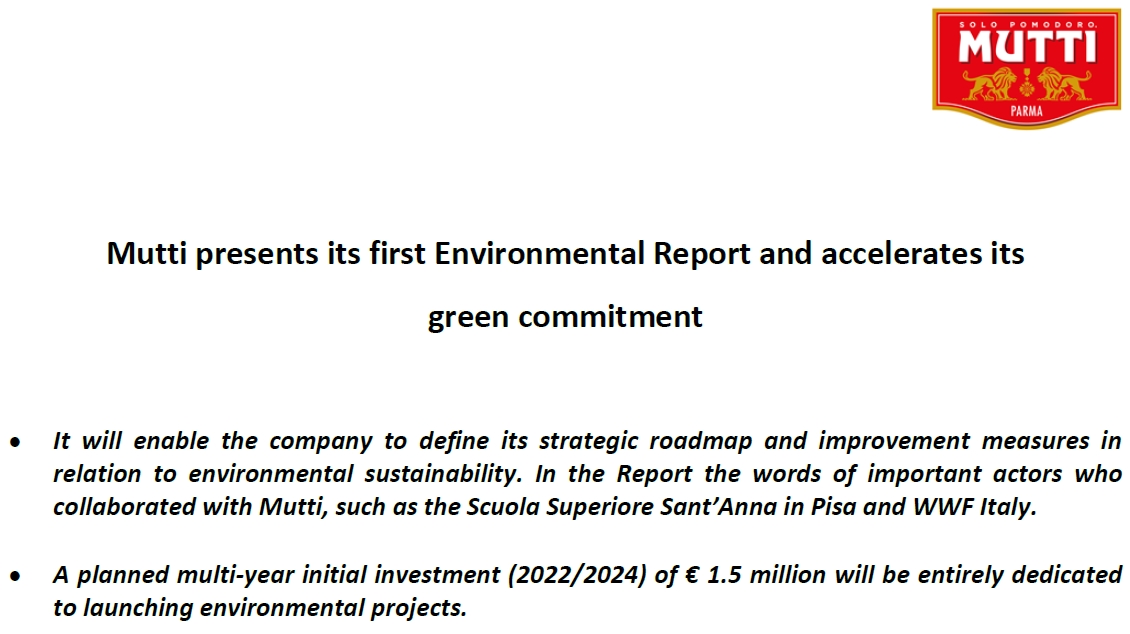Respect for your privacy is our priority
The cookie is a small information file stored in your browser each time you visit our web page.Cookies are useful because they record the history of your activity on our web page. Thus, when you return to the page, it identifies you and configures its content based on your browsing habits, your identity and your preferences.
You may accept cookies or refuse, block or delete cookies, at your convenience. To do this, you can choose from one of the options available on this window or even and if necessary, by configuring your browser.
If you refuse cookies, we can not guarantee the proper functioning of the various features of our web page.
For more information, please read the COOKIES INFORMATION section on our web page.



 This is a non-centralized installation, but “distributed” and able to connect with other units located on different production plots. It is a production plant that is autonomous and self-sufficient in terms of water and energy use. In other words, it is an InstaFactory (
This is a non-centralized installation, but “distributed” and able to connect with other units located on different production plots. It is a production plant that is autonomous and self-sufficient in terms of water and energy use. In other words, it is an InstaFactory ( This decommodification of processed tomato products is based in particular on a collaboration with the World Wildlife Fund (WWF) and on the implementation of good agricultural practices in environmental, ethical and social terms. Far from being a simple communication exercise, Mutti's collaboration with the WWF, which began ten years ago, is not intended as a way to attract media attention regarding the issue of sustainability. The company has wanted to influence strategic changes affecting agricultural practices from an environmental point of view, starting with an innovative and pioneering theme in 2011: monitoring the “water” footprint of the business.
This decommodification of processed tomato products is based in particular on a collaboration with the World Wildlife Fund (WWF) and on the implementation of good agricultural practices in environmental, ethical and social terms. Far from being a simple communication exercise, Mutti's collaboration with the WWF, which began ten years ago, is not intended as a way to attract media attention regarding the issue of sustainability. The company has wanted to influence strategic changes affecting agricultural practices from an environmental point of view, starting with an innovative and pioneering theme in 2011: monitoring the “water” footprint of the business. Some additional information
Some additional information



























